Course Description
In this course we will discuss the many types of memory we use daily, from remembering the name of a new friend, a favorite birthday party, or even how to ride a bike. We will explore the constructive nature of memories, some errors of memory, and how memory capabilities develop over the life course. Students will participate in demonstrations of various memory tasks and collect data to explore specific concepts. We will also discuss the neurological underpinnings of different memory systems. In addition to reading scholarly research and writing brief papers in response to the readings, students will be expected to integrate their acquired knowledge through a final paper on a memory-related topic in their own area of interest Keywords:Psychology, memory, brain and behavior, development
Divisional Requirements
| Was course completed satisfactorily? | Yes |
Course Fundamentals
| Attended class | |
| Participated in class discussion | |
| Participated in in-class or group activities | |
| Completed assignments on time |
Learning Goals
| Learn to read and interpret intellectual or artistic works | |
| Write critically and analytically | |
| Understand quantitative methods of analysis | |
| Develop creative abilities in expressive modes (e.g. creative writing, visual and performance arts, and music) | |
| Effectively present ideas orally | |
| Conceive and complete project-based work | |
| Understand multiple cultural perspectives on intellectual or artistic subjects |
Narrative Description of Student Performance
Ruth Daniel completed excellent work this semester. Ruth’s attendance was very good, and they did a great job communicating with me about specific objectives and goals for assignments. Ruth completed two of four assigned reading responses and completed their written work on time. Ruth took a leadership role on the team presentation on consistency bias and showed their comfort navigating the complexities of the academic literature. They were also an active contributor to class discussions, asking valuable questions about nuances of the research and connecting with other issues in the field.
For the midterm and the final, students were able to choose the topic and format of their assignments with specific guidelines for how to engage with the literature. For the midterm, Ruth created a prototype website including short videos discussing memory concepts with examples of memory tips, such as the use of mnemonics and visualization. Ruth selected central approaches and the videos were professionally presented, engaging, and accessible. For the final project, Ruth continued to develop their website (“Unlock Your Memory”) by updating earlier videos and adding videos about mechanisms of memory, different types of memory (from general distinctions between declarative and nondeclarative to the importance of autobiographical memory), memory fallibility, and the underlying brain structures that are involved. To help users evaluate their understanding, Ruth also included brief quizzes and provided a few graphics and additional online resources. These videos were brief (2-3 minutes each) but informative and clearly organized with concrete recommendations. Ruth did a great job selecting core concepts that would be readily accessible and have direct relevance for viewers’ understanding and applications to improve their memory. Ruth should be proud of their work this semester.
